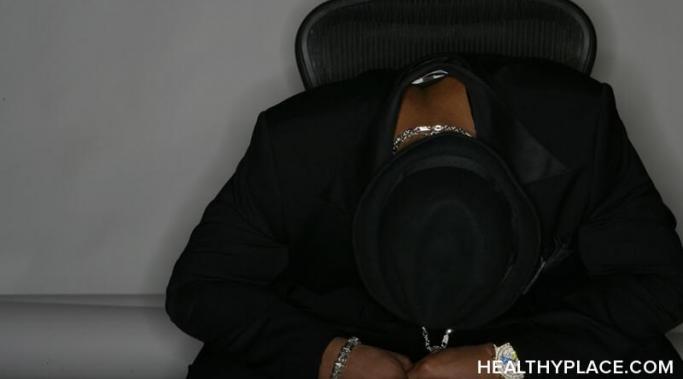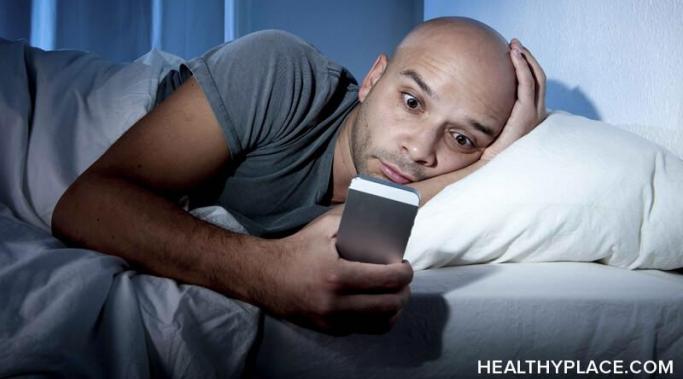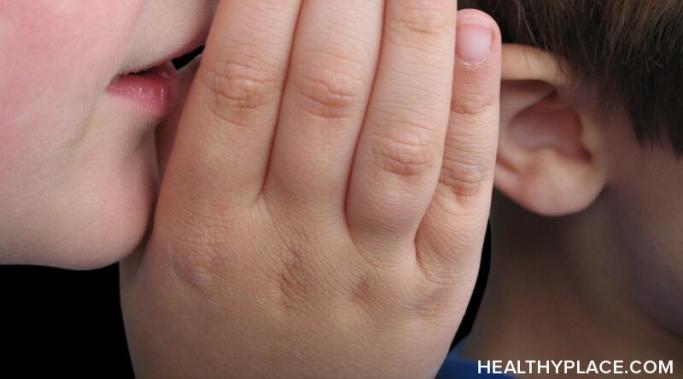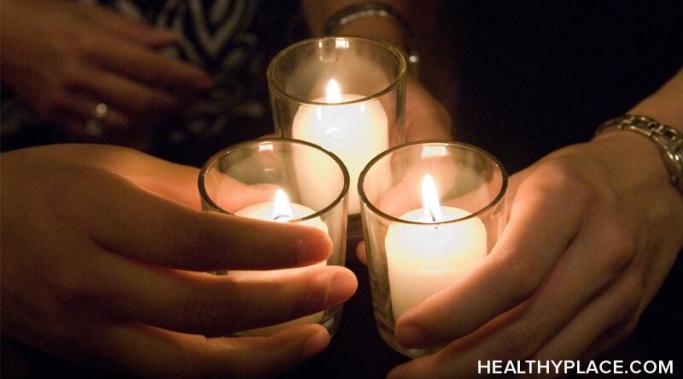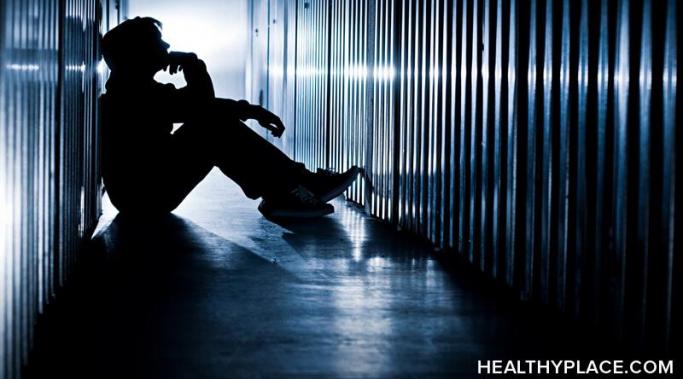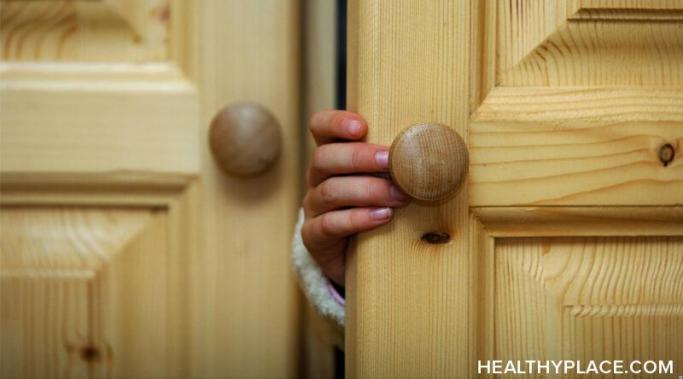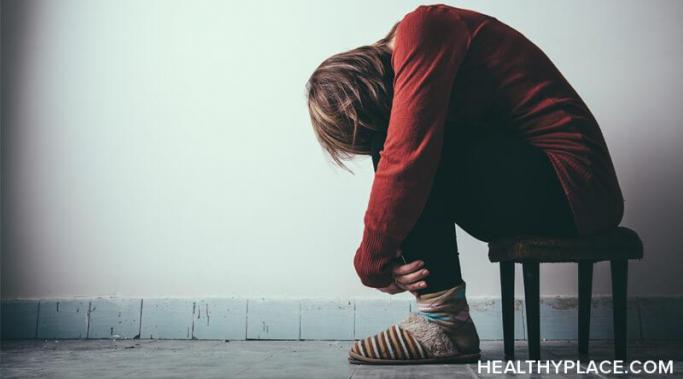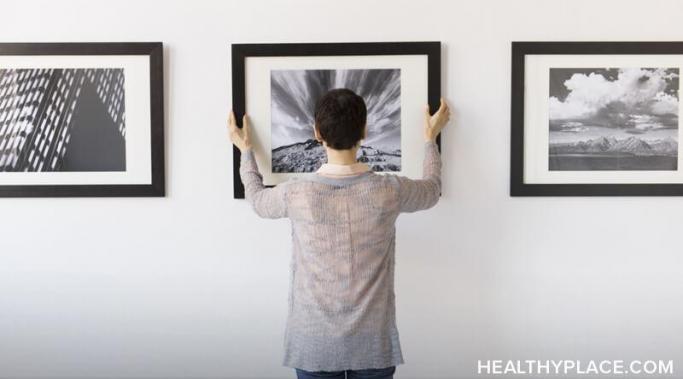Emotions make us human, but sometimes I wish I didn't feel anything. I believe life would be a lot easier without the ability to experience emotions and feelings.
Mental Health for the Digital Generation
My depression is a disability. In my six years as a mental health blogger, I have often encountered people who believe that depression is temporary and those who cannot overcome it quickly are weak-willed. Despite various depression awareness campaigns, I have noticed that most people still minimize the effects and consequences of depression. These folks are so close-minded that they hang on to myths and misconceptions even in the face of cold, hard facts. It can be impossible to silence such naysayers for those of us who are living with this condition. But even if we cannot silence them, we must not internalize their misconceptions about depression and realize that depression can be a disability.
When was the last time you took a mental health day and didn't feel guilty about it? Wait, when was the last time you took a mental health day in the first place? Let's take a look.
A friendship recession is a real thing. When was the last time you hung out with your friends? Or when have you had a real heart-to-heart conversation? If you cannot recall the date, you, like countless others, may have been hit by the friendship recession.
I am one of the many people who consider their first love a life-changing chapter of their lives. Unfortunately, betrayal marred my first love, and the resulting betrayal trauma made it hard for me to move on.
How often have you heard people say or imply that suicide is selfish? Well, if you are a netizen like me or have lost a loved one to suicide, I am sure you have been exposed to this line one time too many. Not only is this statement hurtful, but it is also completely untrue. I want to be clear: #suicideisnotselfish. (Note: This post contains a trigger warning.)
Generation Z (or Gen Z or Zoomers), the generation that succeeds Generation Y (or Gen Y or millennials), is currently more aware of mental health than any other generation. While this sounds like good news, there are negative aspects as well. Let's take a look at Generation Z's relationship to mental health.
Here's a little-known secret about me: Ever since I was young, I have wanted to be famous. When I was a little girl, I first wanted to be a singer, then an actor, and finally, a writer. While singing and acting didn't pan out because I wasn't passionate about them, writing stuck with me. But I haven't yet achieved fame as a writer, and until recently, it made me feel bad about myself. Although I have made peace with this now, I see a lot of young people with a burning desire to be famous. And it hurts because I know this obsession can leave behind deep mental scars.
If you are active on social media, you have probably heard this relationship advice: "If he wanted to, he would." Although it is valid in some cases, it is also ableist. Read on to know more.
You may have heard some variation of the famous saying, "perspective is everything." While many people believe this is a good life philosophy, I disagree. Perspective is vital, but it is not everything.

